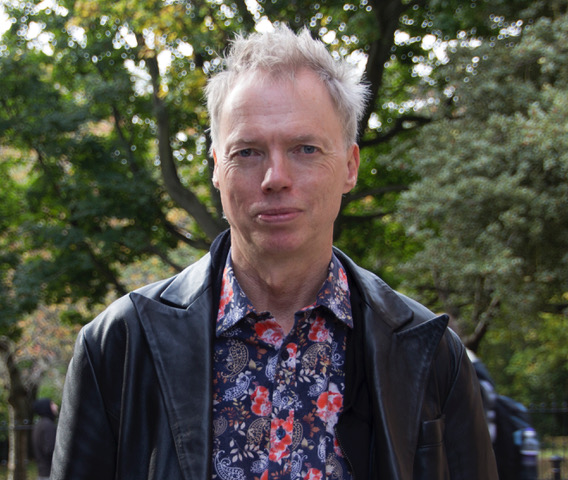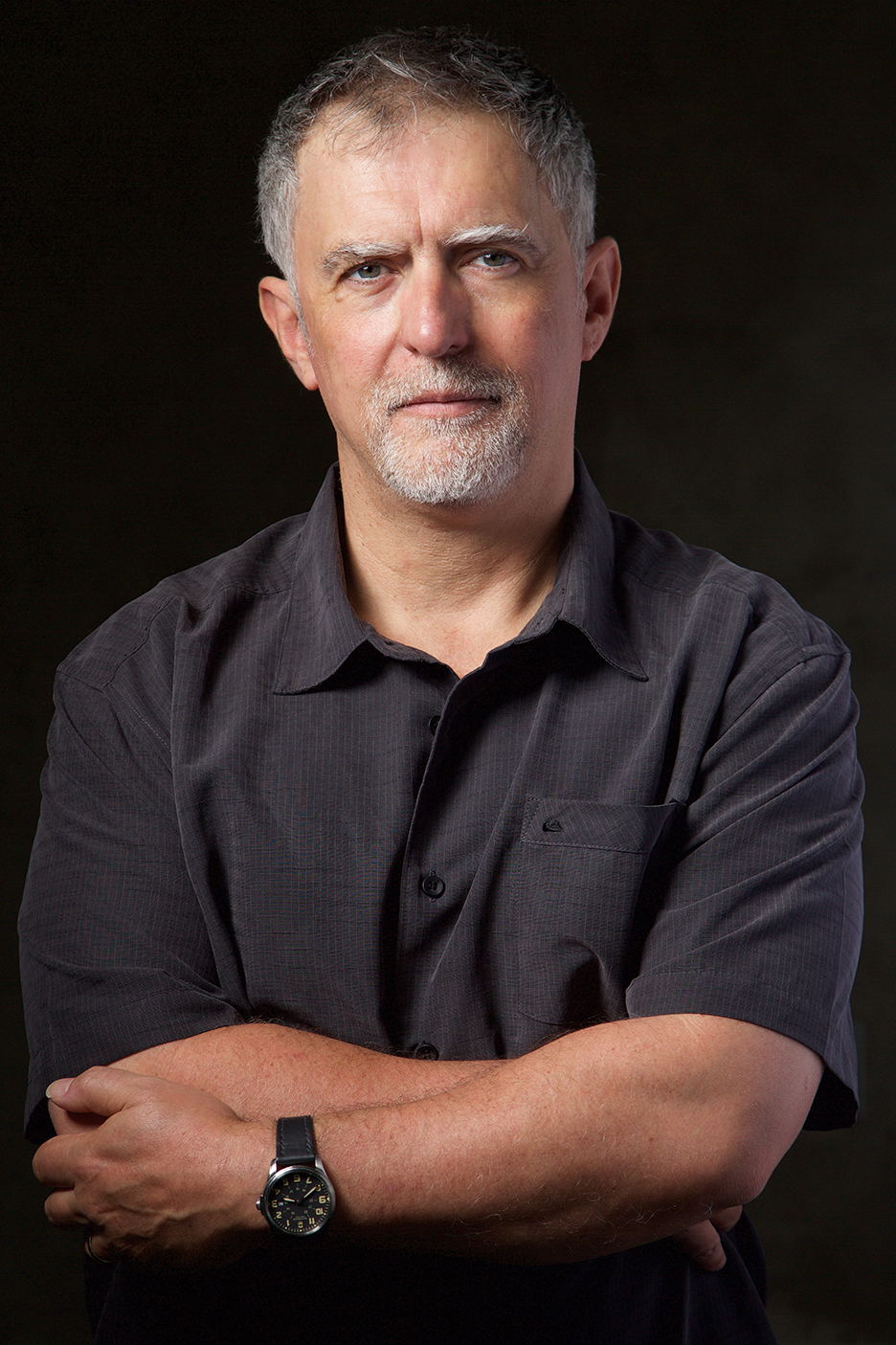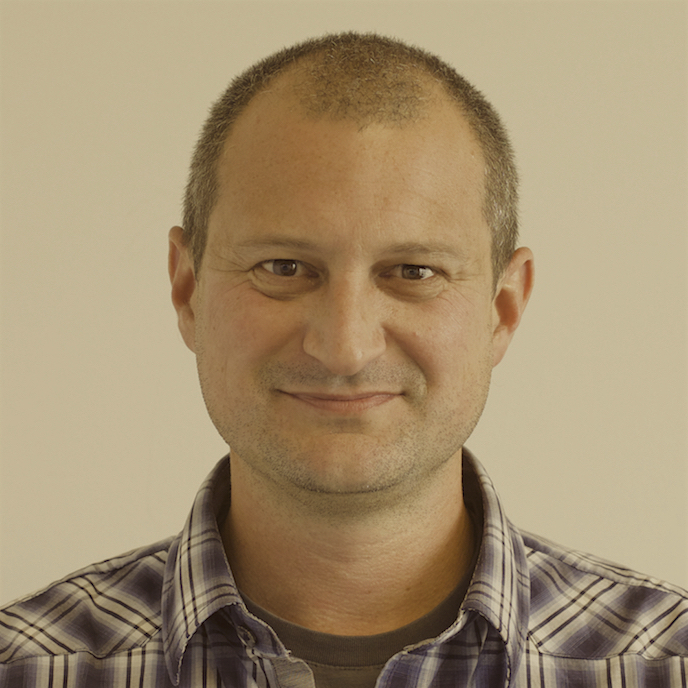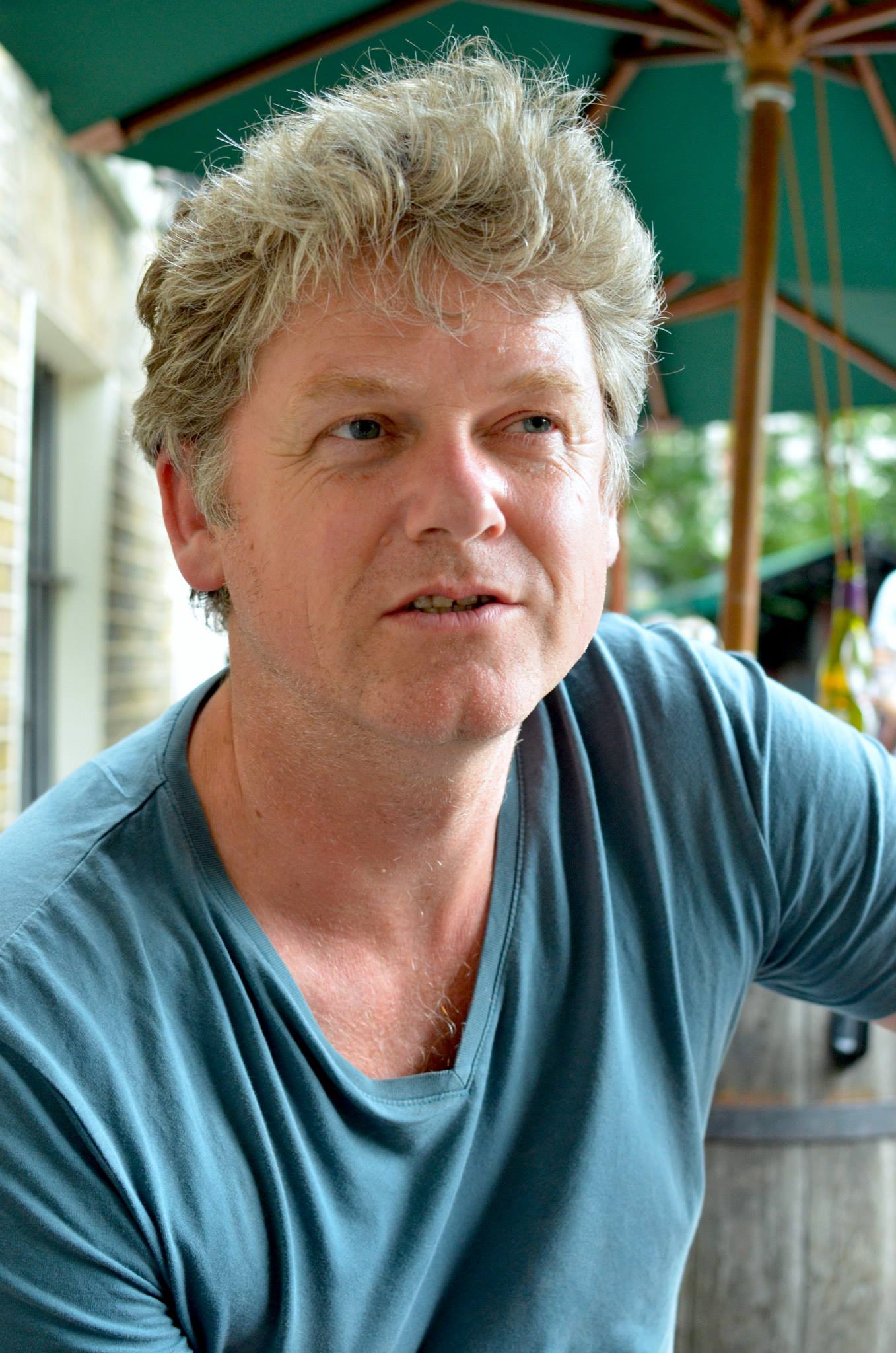ASPP 2018
5-7 December 2018
Macquarie University, Sydney, Australia

Our Keynote Speakers
Donna Addis Donna Rose Addis is Canada 150 Research Chair in the Cognitive Neuroscience of Memory and Aging at the Rotman Research Institute at University of Toronto. Donna Rose completed her BA and MA in Psychology at The University of Auckland. She then undertook a PhD as a Commonwealth Scholar at the University of Toronto, followed by a post-doctoral fellowship at Harvard University. In 2010, Donna Rose won the prestigious Prime Minister’s MacDiarmid Emerging Scientist Prize, and in 2016 became the youngest ever Fellow of the Royal Society of New Zealand. Donna Rose’s research combines neuroimaging, behavioural and neuropsychological methods to investigate how the brain remembers past experiences, simulates future events and constructs a sense of identity, and how these abilities change in healthy ageing and depression. |
"Episodic
Memory and Episodic Simulation: One and the Same?" Over the past decade, episodic memory has been reconceptualised as future-oriented. Relevant psychological theories have started from the premise that remembering and imagining are distinct neurocognitive processes, and thus have to account for the overlapping cognitive and neural substrates. For instance, in our 2007 ‘constructive episodic simulation hypothesis’, Schacter and I argued that details from episodic memories of past events provides the content for simulating future events. Here, I draw on contemporary philosophical and psychological perspectives to update and refine this theoretical position. I will argue that, fundamentally, remembering and imagining are instantiations of the same neurocognitive process – constructive episodic simulation – and that differences between past and future events arise from differences in representational content. |
Andy Clark Andy Clark is Professor of Logic and Metaphysics at the University of Edinburgh. Previously, he was Professor of Philosophy and Cognitive Science, and Director of the Cognitive Science Program, at Indiana University, Bloomington, USA; Professor of Philosophy and Cognitive Science, and Director of the Philosophy-Neuroscience-Psychology Program, at Washington University in St Louis (USA); and Professor of Philosophy and Cognitive Science at the University of Sussex, UK. Professor Clark is the author of eight monographs including Being There: Putting Brain, Body and World Together Again (MIT Press, 1997), Supersizing the Mind (OUP, 2008), and Surfing Uncertainty: Prediction, Action, and the Embodied Mind (OUP, 2015). Clark has made important contributions to embodied and extended cognition, but also to our understanding of connectionism, mental representation, robotics and computational neuroscience. Currently, his main focus is on the ‘predictive processing’ approach to the study of mind, with a special focus on its relationship to work on embodied and extended cognition. |
"Computational Psychiatry and the Construction of Human
Experience" An emerging body of work in cognitive philosophy and computational neuroscience depicts human brains as prediction machines – multi-level networks that specialize in using generative models to both match and anticipate the evolving stream of sensory information. However, the relationship between these posited cascades of prediction and conscious human experience itself remains unclear. Recent work in computational psychiatry provides important clues. For example, it is thought that malfunctions in hierarchical inference can explain core patterns of alteration seen in autism and schizophrenia, and can shed new light on so-called ‘psychogenic’ symptoms - functional impairments without standard organic causes. Such accounts reveal the deep continuities between perception, belief, and hallucination and may help reveal common processing motifs underlying both typical and atypical forms of human experience. |
Peter Godfrey-Smith Peter Godfrey-Smith is a Professor in the School of History and Philosophy of Science at the University of Sydney.His main research interests are in the philosophy of biology and the philosophy of mind, and especially in the intersection between these fields. He also works on pragmatism, problems of evidence, and other parts of philosophy of science. His work is inherently interdisciplinary and he has ongoing collaborative projects with various biologists. His work on octopus cognition has received substantial media coverage including in the New York Times. In addition to numerous chapters and articles, Peter has published five books: Complexity and the Function of Mind in Nature (Cambridge, 1996), Theory and Reality: An Introduction to the Philosophy of Science (Chicago, 2003), Darwinian Populations and Natural Selection (Oxford, 2009), which won the 2010 Lakatos Award, Philosophy of Biology, (Princeton, 2014) and Other Minds: The Octopus, The Sea, and the Deep Origins of Consciousness (2016, Farrar, Straus and Giroux). In 2018, he received the Royal Society of NSW Medal for History and Philosophy of Science. |
"Mental Unity and Animal Experience"
|
Mike Richardson Mike Richardson is a Professor in the Department of Psychology at Macquarie University in Sydney, Australia. Mike received his M.A. from University of Canterbury, New Zealand, and his PhD from the Universtiy of Connecticut, USA. He held positions at Colby College and the University of Cincinnati before joining Macquarie University in 2017. Mike’s research is directed towards understanding the lawful dynamics of human perception, action, and cognition. As an experimental psychologist/cognitive scientist, with expertise in embodied cognition, social and perception-action psychology, complex systems, and nonlinear dynamics, his research is directed towards identifying and modeling the lawful processes that underlie human perception, action, and cognition, and the degree to which these lawful processes shape and constrain human knowledge and creativity. He is particularly interested in understanding and modeling how the behavioral dynamics of everyday social and multi-agent behavior emerge from the complex, nonlinear interactions that occur between the physical, biomechanical, neural, informational, and social/cultural properties of agent-environment systems. Mike’s research cuts across the fields of psychology, philosophy, cognitive science, and neuroscience, and have implications for the assessment and understanding of social deficit disorders (e.g., Autism) and for the development of robust human-machine (robotic) systems. In 2018, Mike was awarded a prestigious Australian Research Council Future Fellowship to conduct research on modelling human perceptual-motor interaction for human-machine applications. |
"Symmetries of Order in Perception, Action and Cognition" Abstract: How is the patterning of behaviour organized? Who or what decides what action possibilities or behavioural modes are afforded within a given task context? Is there a complementary relationship between the low-level physical laws that constrain the mechanics of embedded perceptual-motor behaviour and the higher-level cognitive decision making processes that define ongoing human activity? Using a range of complex systems phenomena from physics, biology, psychology, cognitive science and computational cognition, I will discuss whether symmetry principles can provide a way of answering these questions. In particular, I will detail how the theory of symmetry-breaking can be employed to understand and explain the dynamical processes of perception, action and cognition that define everyday human behaviour and how symmetry-breaking bifurcations are fundamental to the emergence of complex order in human (and animal) and social activity. |
Kate Stevens Catherine (Kate) Stevens is Professor in Psychology and Director of the MARCS Institute for Brain, Behaviour & Development at Western Sydney University. She holds BA (Hons) and PhD degrees from the University of Sydney. Kate conducts basic and applied research into the learning, perception, creation, and cognition of complex, non-verbal sequences using the familiar and universal contexts of music and dance. Research projects have included investigating: the implicit learning of musical rhythm and timing; the psychophysics and psychophysiology of musical loudness; cognitive and affective reactions to contemporary dance; and long-term memory for music and dance. In 1996 she founded the Australian Music & Psychology Society (AMPS) Inc. and in 2002 chaired the 7th International Conference on Music Perception and Cognition. As well as her basic research into music perception, Kate has been a Chief Investigator on three Australian Research Council projects collaborating with members of the Australian dance industry, and applies methods from experimental psychology to investigate human-machine interaction (e.g., design/evaluation of auditory warnings; human-avatar and human-robot interaction). She is author of more than 140 articles, book chapters, and conference proceedings papers, among them an ebook on creativity and cognition in contemporary dance. |
Title: “Bodies of knowledge”: recollective and creative cognition in Australian contemporary dance Abstract: Knowledge in contemporary dance is declared through and with the body (Stevens & McKechnie, 2005). What is the nature of memory for complex extended sequences of whole body movement and what factors influence recall? A study with mature professional dancers investigated recall through bodily production of dance-drama exercises that had been performed between 3 and 30 years ago. The presence of social and musical associative cues was controlled and recall using the dancer’s body compared with recall through manipulating a small mannequin. Qualitative data revealed a range of multimodal associates in dance recall. Collaborating with Australian Dance Theatre, we co-designed an experiment to explaore dancers’ recall of excerpts from previous performances. Given the precision of the artists’ memory for movement, the experiment took the form of a challenge with two teams of dancers “challenging” each other with deliberately difficult excerpts to recall. While dancers hypothesized that excerpts from works that they had performed would be easier to recall than those not performed, this was not reflected in the data. Continuing with the practice of artist as both participant and expert, studies that demonstrated the social and relational aspects of improvising new movement material, and shed some light on the time-course of the creative process are discussed. Together, the studies suggest embodied, distributed and social factors in acquiring, creating, and reproducing contemporary dance. |
John Sutton John Sutton is a Professor of Cognitive Science at Macquarie University in Sydney, Australia. He has a BA in Classics from Oxford and a PhD in Philosophy from the University of Sydney. He works in the philosophy of mind, cognition, and action, in cognitive psychology, and in the interdisciplinary cognitive humanities. His main research topics are autobiographical and collaborative memory, embodied memory and skilled movement, distributed cognition, and cognitive history. He aims to bring the humanities, social sciences, and cognitive sciences together, and to integrate conceptual, ethnographic, and experimental methods. The hope is to be driven by topic not tradition. |
"The
cultural evolution of personal memory" Cognitive archaeologists deploy increasingly precise evidence about changes in material culture, social organisation, technical skill, and symbolic activity to identify historical changes in cognition. Although memory is a natural domain for such enquiry, some views of its nature, functions, and evolution make it hard to find room for substantial cognitive change on the timescales in question. I explore a hypothesis about the emergence of richer personal memories around the larger stable settlements of the Neolithic Middle East like Çatalhöyük, c.7000-6000 BCE. I bring archaeological evidence into contact with two bodies of work on memory in cognitive theory: on the social and communicative role of episodic recall, and on the scaffolded or situated nature of remembering. Basic human capacities for remembering, imagining, and mental time travel, in place well before the Neolithic, are deployed or knitted together in specific, culturally-inflected ways. Children learn skills of and norms for autobiographical remembering in slow, multi-staged, variable processes of enculturation, involving diverse cognitive, affective, interpersonal, and narrative resources. The hypothesis that the Neolithic saw significant if uneven changes in these norms and practices, with new demands on tracking events and commitments over time, can help sharpen the requirements for assessing claims about cognitive change. |
© 2017 The
Australasian Society for Philosophy and Psychology, Ltd. ABN:
70617983570.